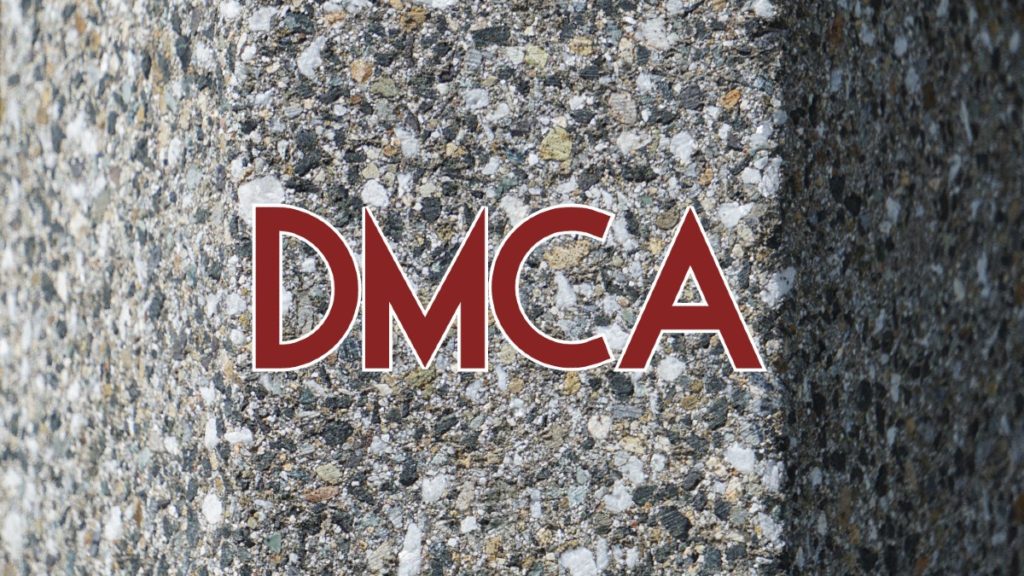
Plaintiff copyright holders sued defendant internet service provider alleging both vicarious and contributory copyright infringement liability arising from defendant’s customers downloading or distributing songs using BitTorrent. The jury found defendant liable and awarded $1 billion in statutory damages. Defendant sought review with the Fourth Circuit. On appeal, the court affirmed the jury’s finding of willful contributory infringement but remanded the action for a new trial on damages because it found plaintiffs failed to prove vicarious liability, as defendant did not profit from its subscribers’ acts of infringement.
No vicarious liability
Citing to Metro-Goldwyn-Mayer Studios Inc. v. Grokster, Ltd., 545 U.S. 913 (2005) and CoStar Grp., Inc. v. LoopNet, Inc., 373 F.3d 544 (4th Cir. 2004), the court observed that “[a] defendant may be held vicariously liable for a third party’s copyright infringement if the defendant ‘[1] profits directly from the infringement and [2] has a right and ability to supervise the direct infringer.’” In this case, the court found that plaintiffs failed to prove that defendant profited directly from its subscribers’ copyright infringement.
The crux of the financial benefit inquiry was whether a causal relationship existed between the subscribers’ infringing activity and defendant’s financial benefit. To prove vicarious liability, plaintiff had to show that defendant profited from its subscribers’ infringing download and distribution of plaintiffs’ copyrighted songs. The court found that plaintiffs did not meet that burden.
The appellate court disagreed with the lower court’s determination that defendant’s repeated refusal to terminate infringing subscribers’ accounts was enough to show financial benefit for these purposes. Instead, the court found that continued payment of monthly fees for internet service, even by repeat infringers, was not a financial benefit flowing directly from the copyright infringement itself. “Indeed, Cox would receive the same monthly fees even if all of its subscribers stopped infringing.”
The court rejected plaintiffs’ alternative theories for financial benefit. Plaintiffs argued that the high volume of infringing activity on defendant’s network, with roughly 13% of traffic from peer-to-peer activity and over 99% of that being infringing, suggested that the ability to infringe attracted customers to defendant’s internet service. However, the evidence did not conclusively show that customers chose defendant’s service specifically for its potential to facilitate copyright infringement. The argument overlooked the fact that internet service is essential for many aspects of modern life, and there was no specific evidence that defendant’s internet service was selected over competitors due to a more lenient stance on copyright infringement.
Additionally, plaintiffs claimed that defendant’s subscribers were willing to pay more for internet services that allowed for copyright infringement, citing defendant’s tiered pricing and the correlation between peer-to-peer activity and higher data usage. However, there was no substantial evidence to support the claim that subscribers chose higher internet speeds with the intention of infringing copyright. Plaintiffs’ own expert acknowledged that increased data usage could be attributed to numerous legal activities like streaming and gaming. The argument failed to establish a direct link between the desire for higher internet speeds and the intent to infringe copyright, leaving plaintiffs’ assertion that defendant profited from copyright infringement unsubstantiated. Consequently, the court found no basis for vicarious liability on defendant’s part for its subscribers’ copyright infringements, making it necessary to overturn the lower court’s decision on this issue.
Contributory liability upheld
The court upheld the lower court’s determination that defendant was contributorily liable for its subscribers’ infringement, finding that defendant was aware of and materially contributed to the infringing activities. The court emphasized the need for defendant to have knowledge of specific instances of infringement and the substantial certainty of continued infringement by particular subscribers. Despite defendant’s tiered internet services and a variety of lawful uses, the evidence presented at trial demonstrated defendant’s knowledge of repeat infringements and its decision to continue providing service to infringing subscribers, primarily to avoid losing revenue. The court rejected defendant’s arguments against contributory liability, affirming that providing a service with knowledge of its use for infringement, especially when specific instances are known, constituted material contribution to infringement.
But what are the damages now?
Because the $1 billion damages award was not allocated between the two theories of liability, and the jury was instructed to consider various factors, including the profits defendant earned from the infringements, the court could be sure that the vicarious liability verdict did not impact the damages awarded. Given this uncertainty and the significant discretion granted to the jury in determining statutory damages, the court vacated the damages award and remanded for a new trial on the damages issue.
Sony Music Entertainment v. Cox Communications, Inc., 2024 WL 676432 (4th Cir., February 20, 2024)
See also:


